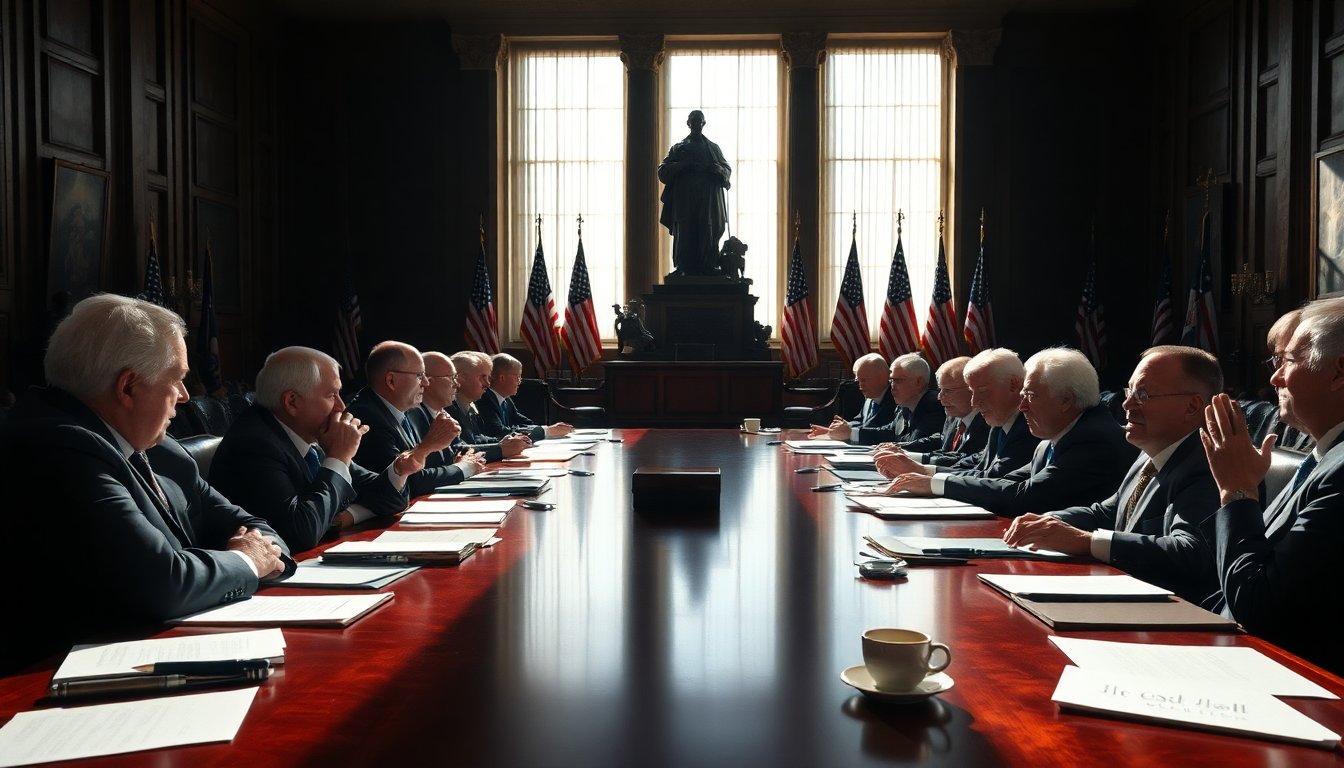Table of Contents
The ongoing government shutdown has intensified tensions in the Senate, particularly as Senate Majority Leader John Thune of South Dakota voiced his dissatisfaction with recent actions taken by Democrats. In a discussion with Fox News Digital, Thune described their decision to block a crucial defense spending bill as indicative of a larger dysfunction within the Democratic caucus.
The failure to advance this bill, which would have funded the Pentagon and ensured pay for military personnel, comes at a critical moment as the shutdown extends into its third week. Thune remarked that voting against the bill could be viewed as an extreme response, suggesting a lack of unity and clarity among Democratic leaders.
The implications of the shutdown
As the Senate leaves Washington for the weekend, Thune and his Republican colleagues are actively seeking to persuade more Democrats to support a plan aimed at reopening the government. The rejection of the defense spending bill was perceived as a strategic move by Senate Democrats, who have consistently demanded assurances regarding other funding measures before agreeing to any proposals.
Thune noted that Democratic leadership is applying pressure on their members, implying that many senators felt obligated to vote against the appropriations bill during a meeting with Senate Minority Leader Chuck Schumer of New York. He pointed out that a bill like this should generally garner overwhelming bipartisan support, yet it was blocked, reflecting a broader issue within the party.
Pressure tactics and negotiations
The defense spending bill, which had previously received approval in committee with a strong majority, was intended to serve as a vehicle for addressing additional spending priorities. Thune emphasized that Democrats had previously expressed a desire for bipartisan cooperation, making their current position even more perplexing.
He further criticized the argument made by Senate Democrats, who sought clarity on which other bills would be included in the funding package. Thune countered that discussions about future bills should occur once the Senate has commenced deliberations on the current measure, echoing approaches taken during past negotiations.
Looking ahead
As the shutdown persists, the Senate may have another opportunity to vote on legislation intended to pay active-duty military personnel and certain federal employees required to work during the impasse. However, this forthcoming vote will not involve the controversial defense funding bill, but rather a proposal led by Senator Ron Johnson of Wisconsin and supported by several Republican senators.
Thune highlighted the irony of the situation, noting that the Democratic base, which typically includes federal employee unions, seems to be more influenced by external progressive organizations than by the immediate concerns of their constituents. He warned that the consequences of the shutdown could become severe, with many federal workers facing delayed paychecks as the stalemate continues.
The road to resolution
As discussions progress, Thune’s insights reveal the complexity of the current political landscape. The ongoing standoff raises questions about how both parties can reconcile their differences and find common ground to end the stalemate. With federal employees and military personnel caught in the crossfire, the urgency for a resolution becomes increasingly apparent.
The rejection of the defense spending bill serves as a flashpoint in the broader debate over government funding and bipartisan cooperation. As Senate leaders navigate these turbulent waters, the pressure mounts to resolve the issues facing the government and its employees, underscoring the necessity for both sides to reconsider their positions and work towards a compromise.


